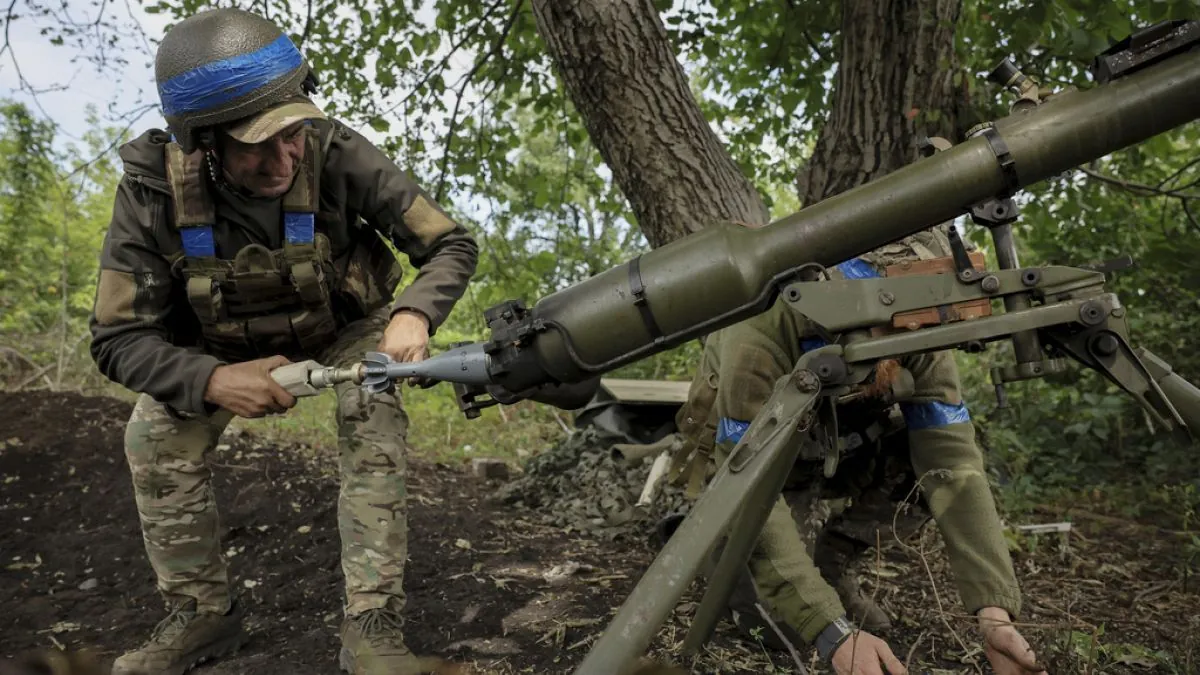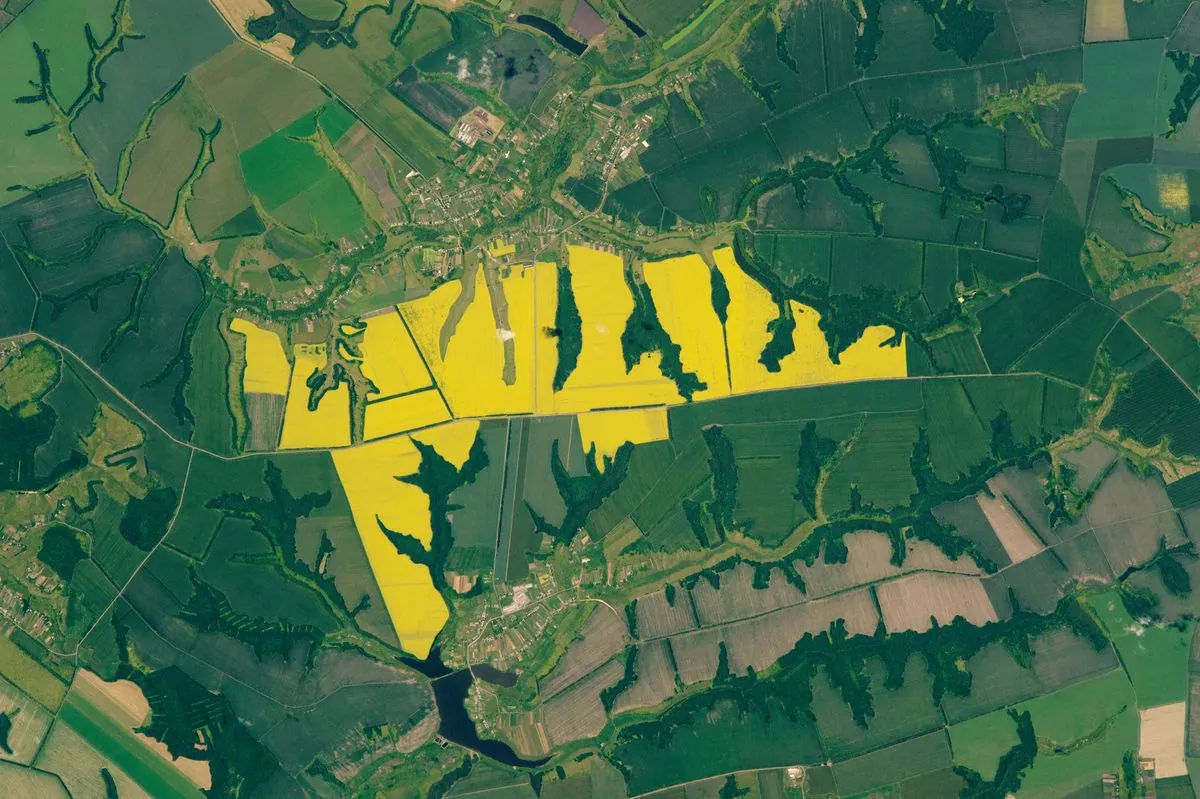Ukraine's Kursk Offensive: Western Allies' Muted Response Raises Questions
Ukraine's surprise offensive into Russia's Kursk region has met with a largely silent response from Western allies. The operation's aims and implications are analyzed amid varying international reactions.

In a surprising turn of events, Ukraine has launched a cross-border offensive into Russia's Kursk region, catching both its adversary and Western allies off guard. The operation, which began approximately on August 7, 2024, has seen Ukrainian forces gain control of about 1,000 square kilometers of territory, according to Ukraine's top military commander.
The Kursk region, located in western Russia bordering Ukraine, is known for its rich black soil and agricultural production. It is home to approximately 1.1 million people and houses the Kursk Nuclear Power Plant. The region's strategic importance is underscored by its well-developed transportation infrastructure and its role in Russia's economy, including manufacturing and agriculture sectors.
Ukraine's Foreign Ministry has justified the offensive as a defensive measure against long-range strikes launched from Kursk. Spokesperson Heorhii Tykhyi stated that Ukraine's intention is not to seize territory but to protect its citizens from the alleged 2,000 strikes launched from the region in recent months.

Western allies have responded to this development with a conspicuous lack of public commentary. The European Union, through spokesperson Nabila Massrali, has refrained from discussing operational developments, reiterating only its support for Ukraine's right to self-defense.
U.S. President Joe Biden has acknowledged the offensive's impact, stating on August 13, 2024, that it is "creating a real dilemma for Putin." However, he has remained tight-lipped about further details, citing the active nature of the operation.
The muted response from Ukraine's supporters has raised questions about the extent of their prior knowledge and their stance on cross-border operations. NATO has declined to comment on the Kursk operation, reflecting the organization's cautious approach to avoid escalation with nuclear-armed Russia.
"Russian actions in Ukraine bear the hallmarks of genocide, inhumane crimes, and Ukraine has every right to wage war in such a way as to paralyze Russia in its aggressive intentions as effectively as possible."
While some allies, like Poland, have openly supported Ukraine's actions, others have expressed reservations. Italian Foreign Minister Antonio Tajani emphasized that weapons provided by Italy "cannot be used to attack Russia on its territory," highlighting the complexities of Western support.
The Kursk offensive has reignited discussions about the limitations of Western backing for Ukraine. Critics, such as former U.S. Army Europe commander Ben Hodges, have pointed out a perceived lack of commitment to helping Ukraine achieve victory, partly due to concerns about potential consequences for Russia and its nuclear arsenal.
As the situation unfolds, the international community watches closely, balancing support for Ukraine's defense with the need to prevent a wider conflict. The Kursk offensive, occurring in a region with a rich history dating back to 1032 and the site of a major World War II tank battle in 1943, serves as a reminder of the complex historical and geopolitical context of the ongoing conflict.


































